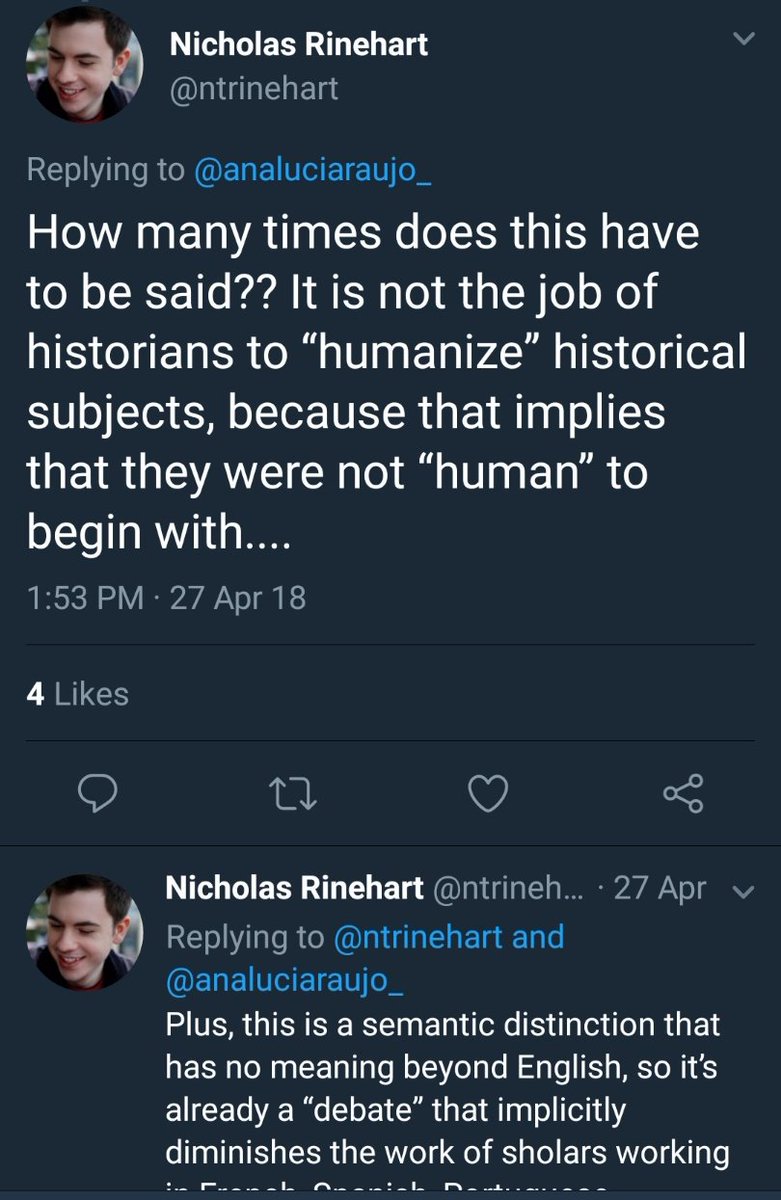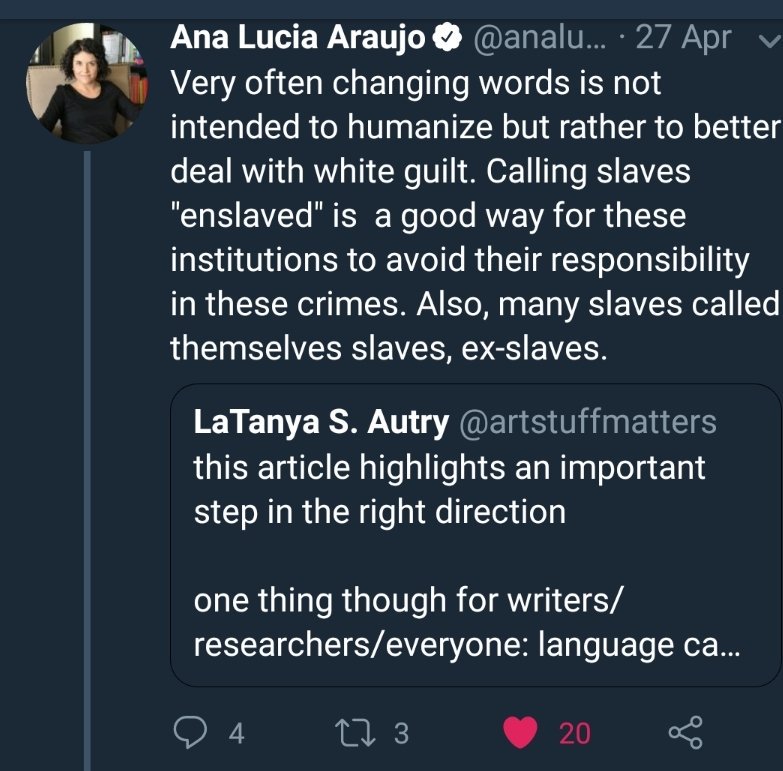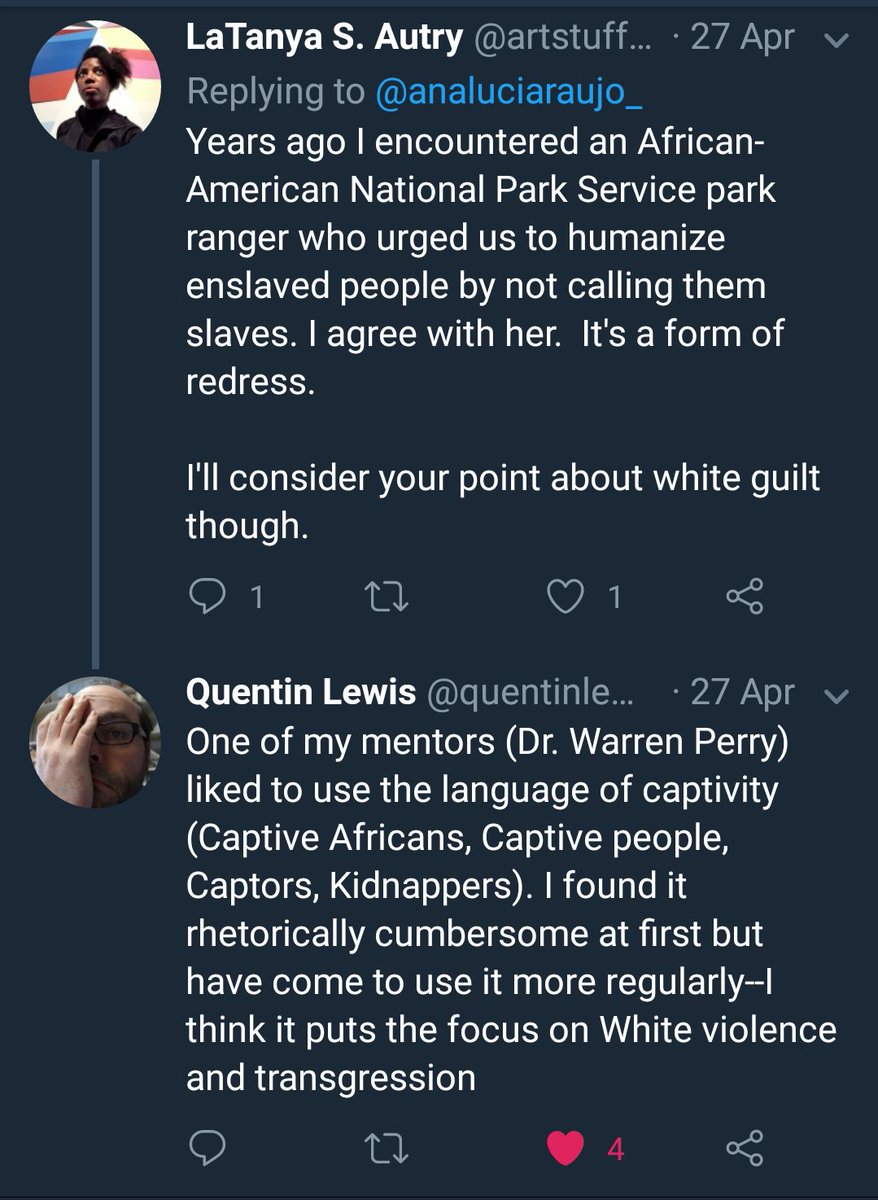from Age, Race, Class, and Sex...
"Traditionally, in american society, it is the members of oppressed, objectified groups who are expected to stretch out and bridge the gap between the actualities of our lives and the consciousness of our oppressor.
For in order to survive, those of us for whom oppression is as american as apple pie have always had to be watchers, to become familiar with the language and manners of the oppressor, even sometimes adopting them for some illusion of protection.
"In a society where the good is defined in terms of profit rather than in terms of human need, there must always be some group of people who, through systematized oppression, can be made to feel surplus, to occupy the place of the dehumanized inferior."
"The oppressors maintain their position and evade responsibility for their own actions. There is a constant drain of energy which might be better used in redefining ourselves and devising realistic scenarios for altering the present and constructing the future."
"Institutionalized rejection of difference is an absolute necessity in a profit economy which needs outsiders as surplus people. As members of such an economy, we have all been programmed to respond to the human differences between us with fear and loathing
and to handle that difference in one of three ways: ignore it, and if that is not possible, copy it if we think it is dominant, or destroy it if we think it is subordinate.
But we have no patterns for relating across our human differences as equals. As a result, those differences have been misnamed and misused in the service of separation and confusion."
"Too often, we pour the energy needed for recognizing and exploring difference into pretending those differences are insurmountable barriers, or that they do not exist at all. This results in a voluntary isolation, or false and treacherous connections.
Either way, we do not develop tools for using human difference as a springboard for creative change within our lives. We speak not of human difference, but of human deviance."
"When we speak of a broadly based women’s culture, we need to be aware of the effect of class and economic differences on the supplies available for producing art."
"A room of one’s own may be a necessity for writing prose, but so are reams of paper, a typewriter, and plenty of time. The actual requirements to produce the visual arts also help determine, along class lines, whose art is whose.
In this day of inflated prices for material, who are our sculptors, our painters, our photographers? When we speak of a broadly based women’s culture, we need to be aware of the effect of class and economic differences on the supplies available for producing art."
"… ageism is another distortion of relationship which interferes without vision. By ignoring the past, we are encouraged to repeat its mistakes. The “generation gap” is an important social tool for any repressive society.
If the younger members of a community view the older members as contemptible or suspect or excess, they will never be able to join hands and examine the living memories of the community, nor ask the all important question, “Why?” This gives rise to a historical amnesia
"Ignoring the differences of race between women and the implications of those differences presents the most serious threat to the mobilization of women’s joint power."
"As white women ignore their built-in privilege of whiteness and define woman in terms of their own experience alone, then women of Color become “other,” the outsider whose experience and tradition is too “alien” to comprehend.
An example of this is the signal absence of the experience of women of Color as a resource for women’s studies courses.
All too often, the excuse given is that the literatures of women of Color can only be taught by Colored women, or that they are too difficult
to understand, or that classes cannot “get into” them because they come out of experiences that are “too different.” I have heard this argument presented by white women of otherwise quite clear intelligence, women who seem to have no trouble at all teaching and reviewing
work that comes out of the vastly different experiences of Shakespeare, Molière, Dostoyefsky, and Aristophanes. Surely there must be some other explanation."
"To examine Black women’s literature effectively requires that we be seen as whole people in our actual complexities — as individuals, as women, as human…"
And I believe this holds true for the literatures of other women of Color who are not Black. The literatures of all women of Color recreate the textures of our lives, and many white women are heavily invested in ignoring the real differences.
For as long as any difference between us means one of us must be inferior, then the recognition of any difference must be fraught with guilt."
"Refusing to recognize difference makes it impossible to see the different problems and pitfalls facing us as women."
"... unless one lives and loves in the trenches it is difficult to remember that the war against dehumanization is ceaseless. But Black women and our children know the fabric of our lives is stitched with violence and with hatred, that there is no rest.
We do not deal with it only on the picket lines, or in dark midnight alleys, or in the places where we dare to verbalize our resistance. For us, increasingly, violence weaves through the daily tissues of our living
— in the supermarket, in the classroom, in the elevator, in the clinic and the schoolyard, from the plumber, the baker, the saleswoman, the bus driver, the bank teller, the waitress who does not serve us. Some problems we share as women, some we do not.
You fear your children will grow up to join the patriarchy and testify against you, we fear our children will be dragged from a car and shot down in the street, and you will turn your backs upon the reasons they are dying."
"The need for unity is often misnamed as a need for homogeneity, and a Black feminist vision mistaken for betrayal of our common interests as a people."
Exacerbated by racism and the pressures of powerlessness, violence against Black women and children often becomes a standard within our communities, one by which manliness can be measured. But these woman-hating acts are rarely discussed as crimes against Black women.
As a group, women of Color are the lowest paid wage earners in america. We are the primary targets of abortion and sterilization abuse, here and abroad."
"As Kalamu ya Salaam, a Black male writer points out, “As long as male domination exists, rape will exist. Only women revolting and men made conscious of their responsibility to fight sexism can collectively stop rape.”*
Differences between ourselves as Black women are also being misnamed and used to separate us from one another."
"I find I am constantly being encouraged to pluck out some one aspect of myself and present this as the meaningful whole, eclipsing or denying the other parts of self. But this is a destructive and fragmenting way to live.
My fullest concentration of energy is available to me only when I integrate all the parts of who I am, openly, allowing power from particular sources of my living to flow back and forth freely through all my different selves… "
"... there are particular resonances of heterosexism and homophobia among Black women. Despite the fact that woman-bonding has a long and honorable history in the African and African-american communities,
and despite the knowledge and accomplishments of many strong and creative women-identified Black women in the political, social and cultural fields, heterosexual Black women often tend to ignore or discount the existence and work of Black lesbians.
Part of this attitude has come from an understandable terror of Black male attack within the close confines of Black society,...
part of this need to misname and ignore Black lesbians comes from a very real fear that openly women-identified Black women who are no longer
dependent upon men for their self-definition may well reorder our whole concept of social relationships. Black women who once insisted that lesbianism was a white woman’s problem now insist that Black lesbians are a threat to Black nationhood,
are consorting with the enemy, are basically un-Black."
"And it is certainly not Black lesbians who are assaulting women and raping children and grandmothers on the streets of our communities."
"As a tool of social control, women have been encouraged to recognize only one area of human difference as legitimate, those differences which exist between women and men."
"We have recognized and negotiated these differences, even when this recognition only continued the old dominant/subordinate mode of human relationship, where the oppressed must recognize the masters’ difference in order to survive.
But our future survival is predicated upon our ability to relate within equality. As women, we must root out internalized patterns of oppression within ourselves if we are to move beyond the most superficial aspects of social change.
Now we must recognize differences among women who are our equals, neither inferior nor superior, and devise ways to use each others’ difference to enrich our visions and our joint struggles.
The future of our earth may depend upon the ability of all women to identify and develop new definitions of power and new patterns of relating across difference. The old definitions have not served us, nor the earth that supports us.
The old patterns, no matter how cleverly rearranged to imitate progress, still condemn us to cosmetically altered repetitions of the same old exchanges, the same old guilt, hatred, recrimination, lamentation, and suspicion."
"For the master’s tools will never dismantle the master’s house.
As Paulo Freire shows so well in The Pedagogy of the Oppressed,* the true focus of revolutionary change is never merely the oppressive situations which we seek to escape, but that piece of the oppressor
which is planted deep within each of us, and which knows only the oppressors’ tactics, the oppressors’ relationships. Change means growth, and growth can be painful.
But we sharpen self-definition by exposing the self in work and struggle together with those whom we define as different from ourselves, although sharing the same goals."
Read it!
colorado.edu › w...PDF
Age, Race, Class and Sex: Women Redefining Difference
Too often our institutions push homogeneity, illusions of sameness that erase experience and obscure unequal power relations.
Respecting difference and valuing one another as equals makes it possible to build deeper structural change.





